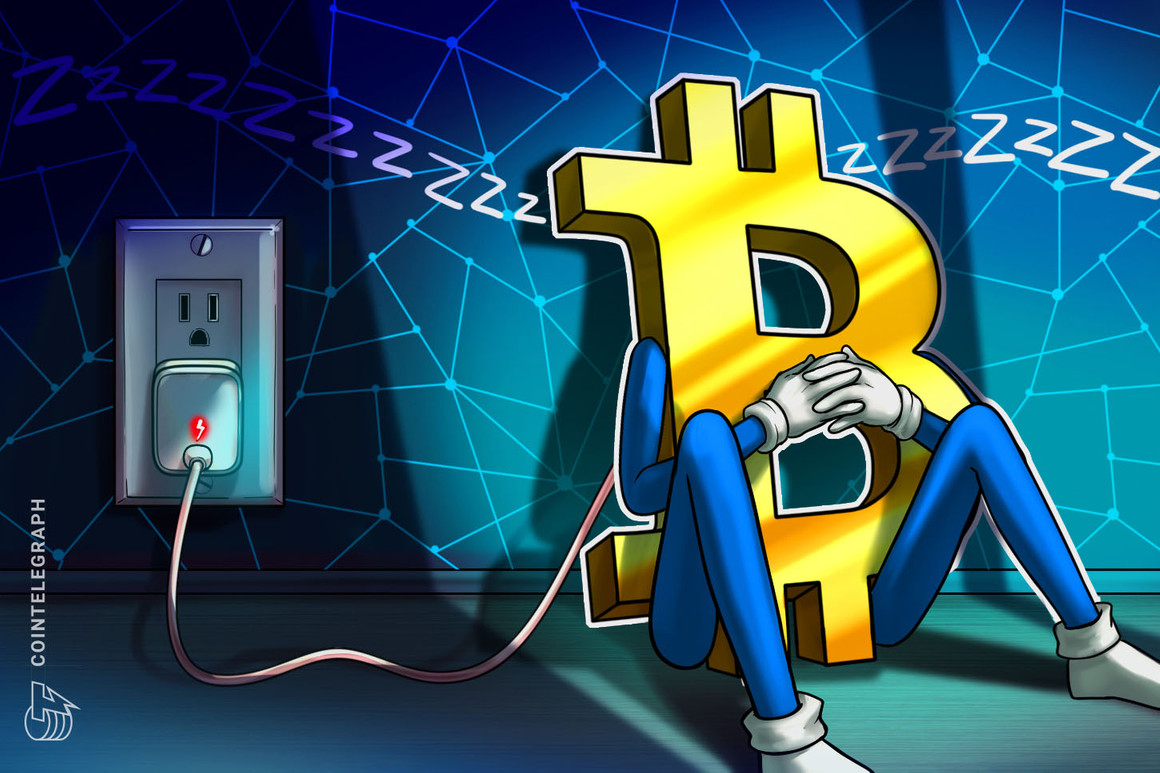#Outside the Box: How the COVID-19 pandemic can be the push forward the planet needs

Table of Contents
“#Outside the Box: How the COVID-19 pandemic can be the push forward the planet needs”
Just as people band together against a virus, we can fight environmental and social ills
In less than a year, the COVID-19 pandemic has had a catastrophic effect on humankind. The question is, can it have a positive impact on human behavior and society for years to come?
History is replete with examples of positive developments emerging from some of the darkest chapters of life. The cholera outbreaks of the 1800s, for example, spurred the reimagining of great cities, from the tree-lined boulevards of Paris to Central Park in New York City. The 1918 influenza epidemic gave rise to the concept of public health and modernized the delivery of health services throughout the world.
Inclusion through digitalization
Digitalization in a wide array of industries— from healthcare to education to agriculture and financial services — would probably have taken place without the pandemic’s social distancing requirements. Now, leaps made in teleconferencing, telemedicine, education-tech, and fintech in 2020 are likely to have huge implications for productivity, the global economy, and the ability of lower-income consumers and households to access essential services. This can have a profound impact on reducing economic and healthcare inequality.
The impact of working from home
As social distancing requirements forced offices to temporarily close or reconfigure, many companies have been pleasantly surprised by how productive their employees have been while working from home. This has led to speculation of what office life could be in a post-pandemic world. Will we return to our cubicles or will companies continue to be flexible in allowing employees to work from home?
The answer to this question could have far-reaching ramifications:
- Expanding opportunities: If companies no longer need all their workers to come to the office, the pool of talent from which they can draw becomes almost limitless. At the same time, many barriers to opportunities for skilled workers who cannot relocate begin to lift, expanding economic access.
- Reducing our carbon footprint: An unintended — but positive — consequence of having so much of the labor force working from home in 2020 has been a respite from the clogged highways and congested skyways caused by commutes and business travel. The result: a record drop of 2.4 billion metric tons of CO2 emissions this year, according to the Global Carbon Project. Emissions from aviation alone were 40% below 2019 levels.
Putting the urgency in ESG
The global pandemic reminds us that we are all affected by our society and environment. As such, it has given a greater sense of urgency to deal with environmental and social issues —the ‘E’ and the ‘S’ in ESG.
- From a climate perspective: As bad as the COVID-19 pandemic has been, it gives us a clue of how much worse things could be if predictions surrounding global warming come to pass. Think of the magnitude of destruction, over and above the catastrophic effects of 2020, if coasts begin to disappear, fertile lands go barren, and if millions are displaced? Then consider that there are no vaccines to contain rising sea levels or tame extreme weather events like flooding, hurricanes and wildfires.
- From a social perspective: The pandemic’s disproportionate impact on lower-income communities and people of color — and the uneven recovery that high earners and lower-income workers have witnessed — has cast a spotlight on myriad social issues ranging from unequal access to healthcare to racial, gender and economic inequity. Both the private and public sectors seem much more open to addressing these issues than they were in the pre-COVID era. But will that sentiment continue after the pandemic is declared over?
Our responsibility in 2021 is to make sure it does. The private and public sectors will be working together throughout the coming year to implement the largest vaccination program in human history. It’s important that governments, businesses, communities and investors find a way to build on the successes of this unprecedented effort to save lives and livelihoods as we move beyond COVID-19 and turn to an even bigger challenge: Saving the planet.
Vikram Gandhi is a Senior Lecturer at Harvard Business School, where he developed and teaches HBS’ first course on impact investing — Investing: Risk, Return, and Impact.
More: 7 things you need to know about Generation Z
Also read: Investing in China isn’t easy. Focusing on ESG can help
By
Vikram Gandhi
If you liked the article, do not forget to share it with your friends. Follow us on Google News too, click on the star and choose us from your favorites.
For forums sites go to Forum.BuradaBiliyorum.Com
If you want to read more News articles, you can visit our News category.




